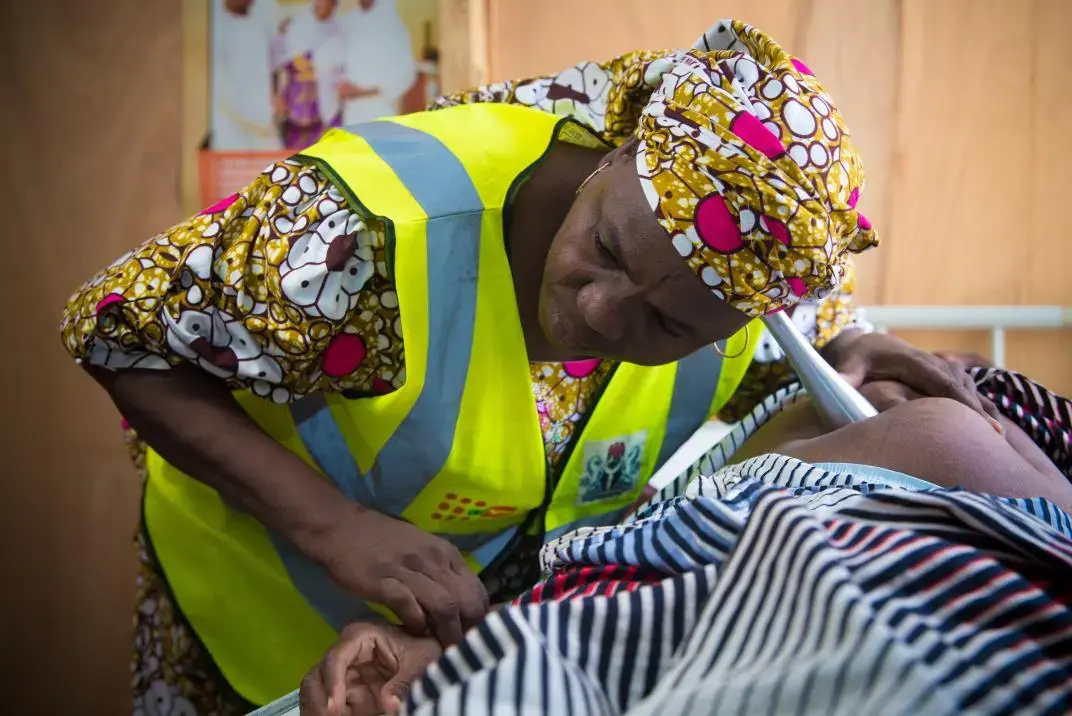The foundation of the work of UNFPA on sexual reproductive health is the International Conference on Population Development (ICPD) Programme of Action, wherein Members States and organizations agreed that all couples and individuals have the right to decide freely and responsibly the number, spacing and timing of their children, and to have the information and means to do so, and that decisions concerning reproduction should be made free from discrimination, coercion, and violence.
To operationalize this mandate, the outcome of our activities is to increase the availability and use of integrated sexual and reproductive health (SRH) services (including family planning, maternal health and HIV) in such a way that they are gender-responsive and meet human rights standards for quality of care and equity in access.
The first pillar of this outcome focuses on two key elements that cut across the remaining pillars:
- The integration of SRH services
- Emphasis on ensuring that services are gender-responsive and meet human rights standards
The next three outputs represent the three major pillars of our activities in SRH:
- family planning
- maternal health
- HIV & AIDS
In each of the three outputs, UNFPA is active across the full range of interventions needed to ensure quality of care: increasing supply of services, generating demand, and improving the enabling environment.
The final output focuses on the delivery of SRH services in humanitarian settings. A key focus will be on the preparedness of countries to deliver SRH services in crises, including by building capacity to provide the Minimum Initial Service Package for reproductive health and by assisting countries to develop and regularly update contingency plans that address the specific needs in crises of women, adolescents, and youth, including the survivors of sexual violence.


